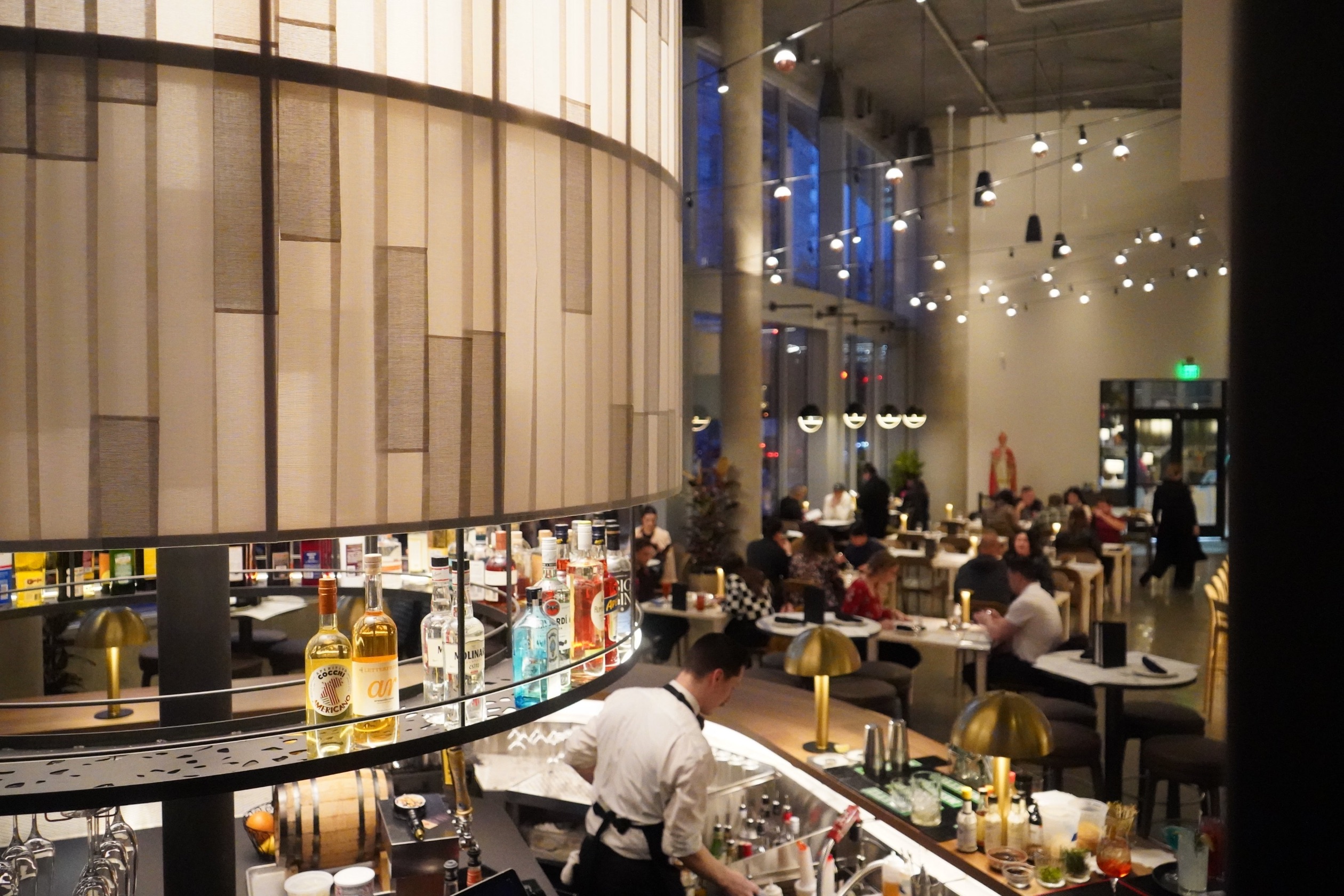With one of the most hotly contested presidential elections right around the corner, there’s a lot on the line for both candidates and voters alike. It’s also a make-or-break time for political reporters, whether print, broadcast or digital.
Perhaps no one knows this more than Richard Benedetto, retired White House correspondent and columnist for USA Today. For 40 years, Benedetto reported on government and politics on the local, state and national levels. Although he retired from USA Today in 2006, he still consults for C-SPAN, writes political commentary for various publications, and teaches journalism at American University in Washington, D.C.
Born in Utica, N.Y., Benedetto received a B.A., M.A. and an honorary doctorate from Syracuse University. He began his reporting career at the Utica Observer-Dispatch, later joining Gannett News Service where he continues to write a weekly political column.
In 1982, Benedetto joined the founding staff of USA Today as its White House correspondent. He’s covered every national political convention since 1972 and every presidential campaign since 1984. A decade ago, he published his memoir, “Politicians Are People, Too,” where he argues that, despite today’s environment of cynicism and distrust, most politicians are good people with strengths and weaknesses. They deserve to be praised when they do well as much as criticized when they fail.
The recipient of numerous journalism awards, Benedetto was also honored with the National Italian American Foundation Media Award. He spoke recently in Seattle at an awards luncheon sponsored by Festa Italiana and the Italian Club of Seattle.
What do you look for when covering politics?
When I write, I try to understand the real reason that people vote the way they do. People have different feelings, and we as reporters need to understand that. Everyone has a right to speak out and voice an opinion. Our job as reporters is to give people good information. With solid information, they’ll figure out what to do with it. I try to teach my students to respect the other side, to be open to all ideas.
Are we seeing a new way of reporting on politics these days?
News is a business. It’s always been so. Television news is even more so, since it is more revenue-oriented. It’s become unfashionable to write good things about politicians. Early on in my career, an editor once said to me: Always remember that the name you are typing is attached to a real person on the other end. I try never to forget that.
Did your Italian background play a role in how you approached your career?
When I was 10 years old, I remember going to my grandfather’s flower shop in Utica, N.Y. It was 1952 and Truman was president. A lot of people don’t realize today that Truman was a very unpopular president. I had just come from the movie theater where they showed a newsreel. When Truman appeared on the screen, people started to boo. I told my grandfather about this. He looked at me sharply and said in a booming voice, very seriously: You didn’t boo, did you? That was when I learned to have respect for the office, even if you are critical of the office holder.
It sounds as though your grandfather helped shape your values.
My grandfather came to this country to make a better life. When he was 16, he worked for 50 cents a day, six days a week. He joined the military and was very proud of his service in World War I. In fact, it was through his military service that he was able to become a U.S. citizen. My grandfather taught me that we should make the system better, not just complain or belittle. It’s a lesson I remember to this day.
In this election in particular, voters seem to be very angry.
When people say to me: I am fed up with politicians, I want to say: You should be fed up with the reporters who cover them, too. These are people who moved to Washington, D.C., and promptly forgot where they came from. They forgot basic values and how they got to where they are today. When I received my honorary Ph.D. from Syracuse University, the citation read in part: Richard Benedetto never forgot where he came from. That acknowledgement was incredibly important to me.
The word “unprecedented” comes up a lot when referring to today’s presidential race. Is that really true?
Nothing happens in a vacuum. In 1824, John Quincy Adams ran with Andrew Jackson on the ticket. Jackson was a war hero from the Battle of New Orleans, yet maligned as a “westerner” even though he was only from Tennessee. Up to that point, all our presidents had come from Virginia or Maryland. Jackson was called an outsider, a free speaker, a person against the establishment. He argued against the status quo. So when reporters call today’s race unprecedented, I think: No, not really.
You have the same last name as a famous singer. Any relation to Tony Bennett?
Although his name is originally Benedetto, no, we’re not related. My family is from Puglia, and his is from Calabria. I did meet Tony Bennett several times, though, once at an art gallery opening. You know, he’s an artist as well as a singer. I introduced myself and bought one of his paintings, which I still have today.






























